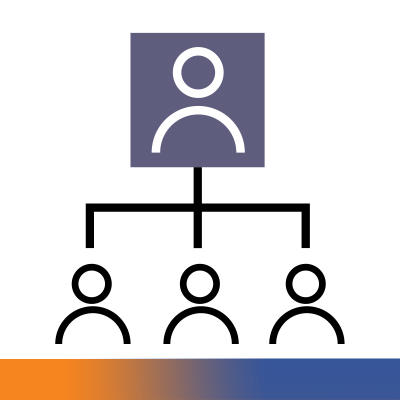Australia
Ethics at Work Index: 82.4
Overall, Australian employees seem to have a positive perception of many aspects of ethics at work. Ethics programmes seem to be relatively common in Australian organisations and more common than in the past, particularly with regards to the provision of ethics training. The percentage of employees who have been aware of misconduct is relatively low and those who are aware of misconduct are likely to speak up about it.
However, retaliation is an issue that needs addressing. Many of those who raise their concerns about misconduct experience retaliation as a result and it is one of the main reasons why some employees do not raise their concerns when they become aware of the misconduct. Looking ahead, discrimination or bias in the workplace is the issue that concern Australian employees the most.






